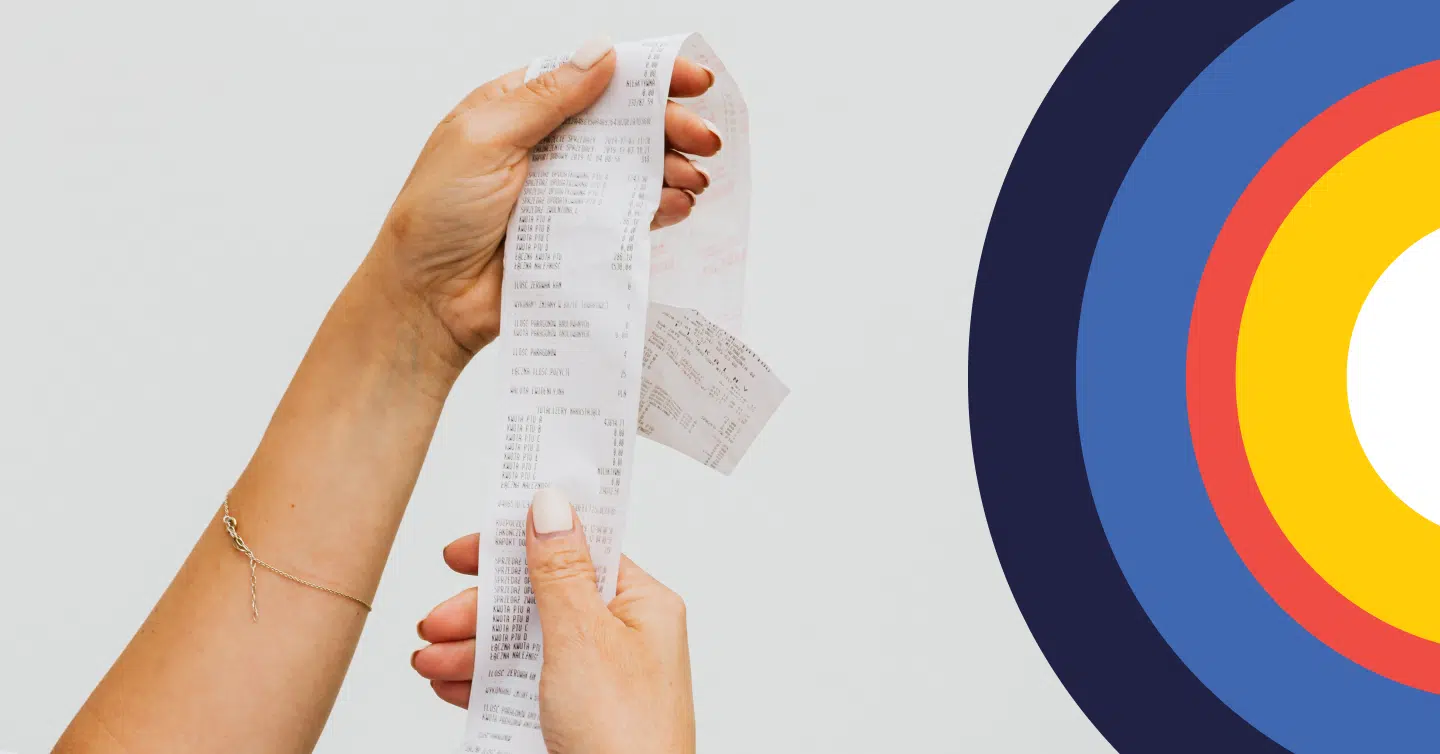Will My Spending History Affect My Mortgage Qualification?

Table of contents
If you’re preparing to apply for a mortgage, you may be wondering if lenders look at your day-to-day spending habits when qualifying you for a mortgage. Lenders in Canada assess your financial health using multiple tools, including your credit report, credit score, and debt service ratios. While lenders may not care to track your daily coffee purchases or impulse buys, they will be looking to see how responsibly you have managed on-time payments and kept debt levels manageable relative to income.
Key Takeaways
- Daily spending doesn’t directly affect your mortgage qualification, but it can affect your borrowing power.
- Managing your debt load and demonstrating stable, responsible spending can improve your chances of qualifying.
- Cleaning up your financial habits months before applying for a mortgage gives you a better chance of approval.
Does Your Spending History Affect Mortgage Qualification?
In many cases, your spending habits can influence your ability to get approved for a mortgage. Your credit score, credit report, and debt service ratios all play a role in showing lenders if you’ve been financially responsible in the past. If any of these indicate that you may be under financial strain, lenders may view you as a higher risk, which could impact your chances of qualifying for a mortgage.
What Lenders Look For
Lenders qualify borrowers using several key metrics: credit score, income, employment stability, debt service ratios (GDS and TDS), and down payment amount. While your credit report focuses on loans and repayments, your transaction history reveals how you manage cash flow. This can impact underwriting decisions in ways many borrowers overlook.
GDS and TDS Ratios
Your spending history plays a role in determining your Gross Debt Service (GDS) and Total Debt Service (TDS) ratios. These ratios measure how much of your income is allocated toward housing costs and all other debts. Frequent spending, especially if you use credit cards and maintain large balances, can suggest less financial room to handle new mortgage payments, particularly if you’re already close to the qualifying thresholds.
Overdrafts and Account Management
Regularly dipping into overdraft or having automatic debits bounce from your account may not lower your credit score, but it does show poor liquidity management. Lenders may view this as a warning sign of financial strain, especially when reviewing your past banking statements.
High Monthly Commitments
If your monthly obligations include large car loans, student loans, or lines of credit, these can significantly reduce your borrowing power, even if you’re keeping up with payments. Although discretionary spending on your credit cards is not captured during a lender’s due diligence, it does take away from your monthly obligations, such as savings and other goals.
With the increasing social acceptance of buy now, pay later (BNPL) options, the ability to manage debts effectively is further compromised, making it challenging to save for down payments and increase emergency savings.
How to Prepare Your Finances Before Applying for a Mortgage
Before applying for a mortgage, it’s essential to bring your finances into top shape to improve your chances of approval and secure better terms. Start by reviewing your full income and expense picture, including your pay stubs, bank statements, credit card balances, and existing loan obligations.
Aim to pay down high-interest debt, avoid new credit applications, and reduce unnecessary spending before you apply. This helps improve your credit score, strengthens your debt service ratios, and demonstrates financial stability to lenders.
Track and Tidy Up Spending
Review your recent transactions to identify areas where you can reduce spending. Budgeting apps or bank-provided tools can help you track where your money is going, allowing you to identify areas where you may overspend and make adjustments. Even small changes to your spending habits can have a positive impact.
Pay Down High-Interest Debt
Focus on lowering your balances on credit cards, lines of credit, or other high-interest accounts. This not only improves your credit score but also reduces your debt service ratio, a key metric in the mortgage approval process.
Build a Stronger Credit Profile
Lenders rely heavily on credit scores and repayment history when making lending decisions. Ensure all your bills are paid on time, avoid maxing out credit limits by keeping your credit utilization at or below 30%, and keep old accounts open to demonstrate a longer credit history.
Does Spending History Impact Pre-Qualification, Pre-Approval or Final Approval?
Spending history plays a significant role during all stages of the mortgage approval process. Pre-qualifications are typically based on self-reported information, including your income, employment, debts, and assets. Your spending history will impact the approximate loan amount you may be pre-qualified for, based on the information you have self-reported.
A pre-approval is more detailed, with lenders thoroughly assessing your financial position. Just like a pre-qualification, they will use your income, employment, debts, and assets to determine your eligibility. They will also evaluate your credit history with a hard credit check during this stage, which provides them with more information on how much mortgage you can afford.
Before funding a mortgage, lenders will closely examine your credit information and verify all details, as well as confirm employment one final time. If anything has changed since your pre-approval, such as taking on more debt, missing payments, or a drop in your credit score, the lender may reassess or withdraw your approval.
It’s a good idea to start managing your spending well before you even start the mortgage pre-qualification process. This will ensure you’re in a position to take on the additional debt of a mortgage and help prevent changes to your credit profile that could impact your mortgage qualification.
Frequently Asked Questions (FAQ) About Mortgage Qualification Affected by Spending History
Can lenders decline my mortgage based on lifestyle spending?
Lenders won’t decline your mortgage based on day-to-day spending. However, if your daily spending affects your debt service ratios or keeps your credit utilization ratios high, it could impact your approval.
Do all lenders review bank statements?
Lenders typically require bank or investment statements to confirm that you have the savings available to meet the down payment and closing cost requirements for the mortgage you are qualifying for.
Should I stop using my credit card before applying for a mortgage?
You don’t need to stop using credit cards before applying for a mortgage. However, aim to avoid carrying high balances and keep your credit utilization ratio at or below 30%. Additionally, pay off your cards in full or make at least the minimum payments on time each month (on time includes the 2 to 5 days for the payment to process by the bill’s due date).
Final Thoughts
Your spending history may not be the first thing that comes to mind when applying for a mortgage. Still, it can play a role in whether you’re approved, especially if your credit score or debt service ratios fall outside ideal ranges. Lenders want to know you’re financially stable, so improving your spending habits now can put you in a stronger position later.
Contact nesto mortgage experts today for a personalized strategy that takes into account your complete financial picture.
Why Choose nesto
At nesto, our commission-free mortgage experts, certified in multiple provinces, provide exceptional advice and service that exceeds industry standards. Our mortgage experts are non-commissioned, salaried employees who provide impartial guidance on mortgage options tailored to your needs and are evaluated based on client satisfaction and advice quality. nesto aims to transform the mortgage industry by providing honest advice and competitive rates using a 100% fully digital, transparent, seamless process.
nesto is on a mission to offer a positive, empowering and transparent property financing experience – simplified from start to finish.
Contact our licensed and knowledgeable mortgage experts to find your best mortgage rate in Canada.
Ready to get started?
In just a few clicks, you can see our current rates. Then apply for your mortgage online in minutes!















